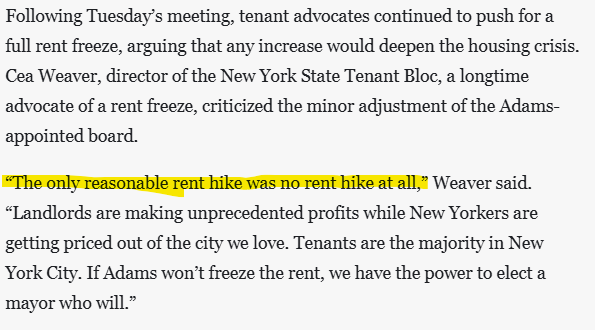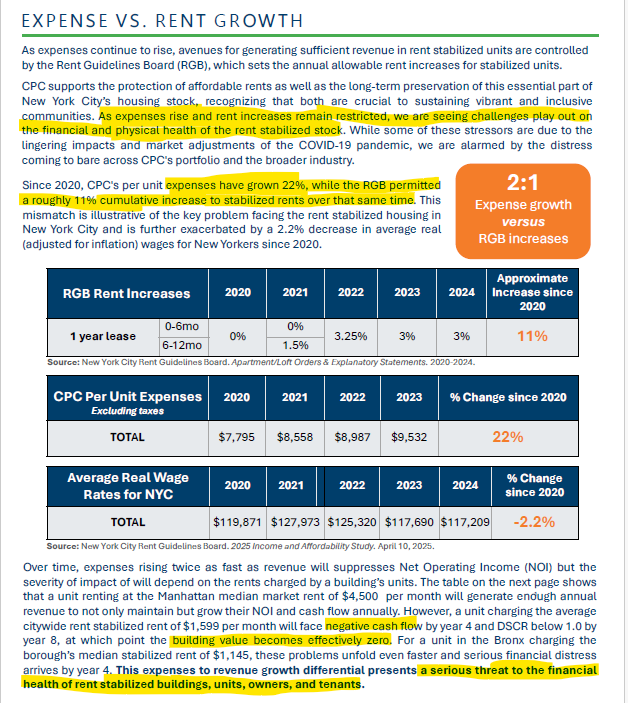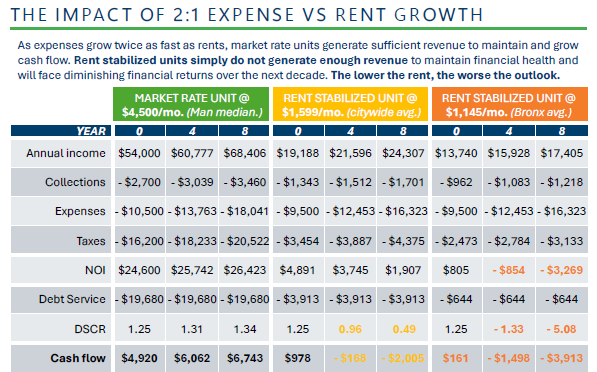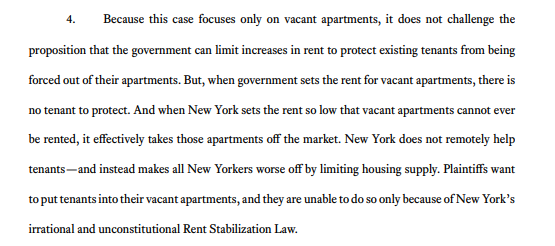Nowhere but up to go from here. #Browns
Ok, here.
Ok, here.
• • •
Missing some Tweet in this thread? You can try to
force a refresh

















